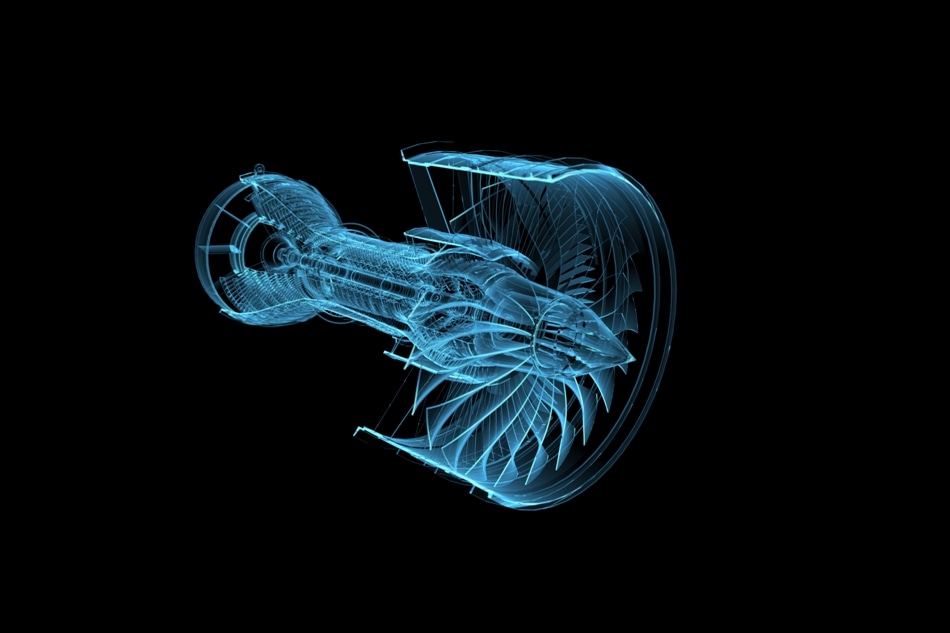Feb 27 2019
Engineers from RMIT University have designed a major proposal for an “all-knowing system of systems” driven by artificial intelligence (AI) to handle procurement and maintenance decisions and calculate the readiness of the fleet.
 (Image credit: RMIT University)
(Image credit: RMIT University)
The Virtual Design, Optimization and Testing framework (VDOT) is being introduced at the 18th Australian International Aerospace Congress in Melbourne.
Associate Professor Adrian Orifici from School of Engineering at RMIT University said making sense of the massive volumes of incoming data was a huge challenge for defense and other complex industries.
Systems like defence are now so complex that optimising and maintaining all the technology effectively is beyond human capability. What’s needed is an integrated environment where digital representations of systems, models and simulations—combined with new thinking in data analytics and AI—are all adding value to the flow of information and sensor data.
Adrian Orifici, Associate Professor, School of Engineering, RMIT University.
Orifici said VDOT could revolutionize the industry by providing a structure to accomplish just that, including virtual testing to assess mission performance for new aircraft or other assets, or even suggest design variations based on earlier performance data.
“VDOT proposes a disruptive approach, one that can help predict the cost of ownership of an aircraft that may be in service with the RAAF for up to 40 years,” Orifici said.
“This means smarter acquisition and value for money, where a new fleet can be evaluated in various battle scenarios before making a procurement decision.
“In this way, our proposed AI system would oversee the massive amounts of data from a plethora of sources to inform decisions that save time, money and potentially lives.”
Associate Dean of Aerospace Engineering and Aviation at RMIT, Professor Pier Marzocca, said smart materials with integral sensors could gather data for each aircraft or component on strain, repair needs, and the type and number of deployments, and then enter that into this system.
In the not-too-distant future, all aircraft will have a digital twin with all the information on materials and specifications added to over time with flight data, engine data and so on. The system will then become like a human body where health reports can be generated in an instant. By harnessing these disruptive technologies to optimise complex systems, VDOT gives us the first real look of what industry 4.0 looks like for defence.
Pier Marzocca, Professor and Associate Dean, Aerospace Engineering and Aviation, RMIT.
Industry 4.0 is a name conferred to the present trend of automation and data exchange in manufacturing technologies. It comprises of the Internet of Things, cloud computing, cyber-physical systems, and cognitive computing. Industry 4.0 is generally stated as the fourth industrial revolution.
Orifici said executing VDOT or analogous frameworks required substantial work in assigning responsibilities and IP controls between numerous currently separate databases and systems, emphasizing the intricacy of executing industry 4.0.
The feasibility of developing such a system has been systematically investigated and proven but complexities over access and IP security are some of the challenges to be overcome. Our virtual framework serves as a platform offering a way forward for defence to embrace an industry 4.0 system and optimise these complex systems.
Adrian Orifici, Associate Professor, School of Engineering, RMIT University.